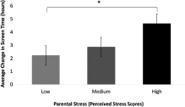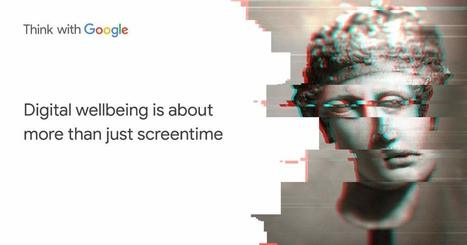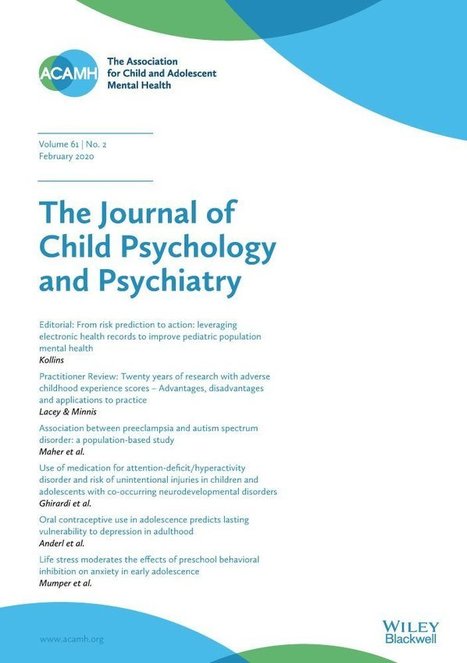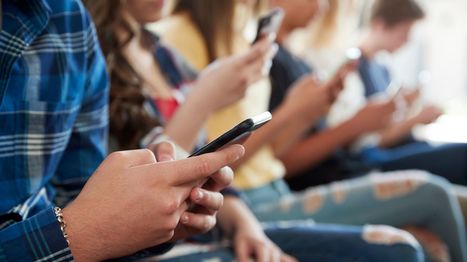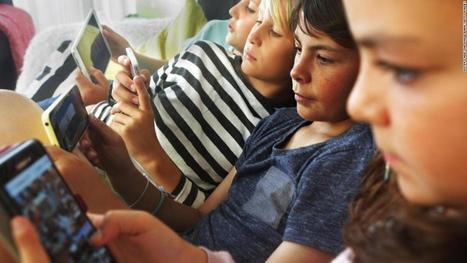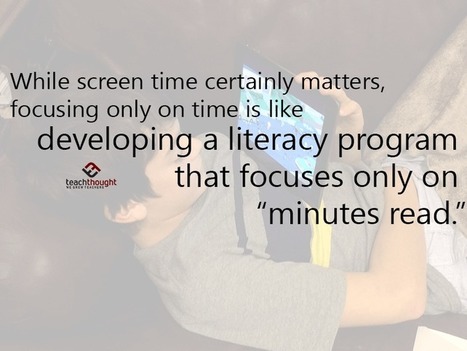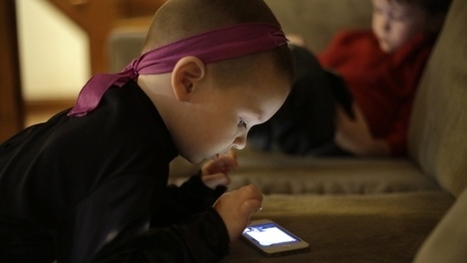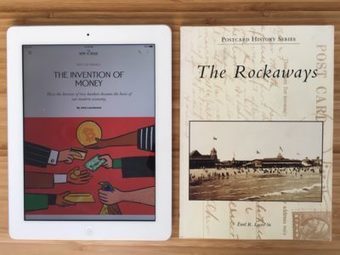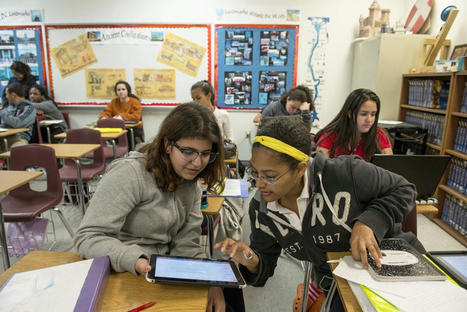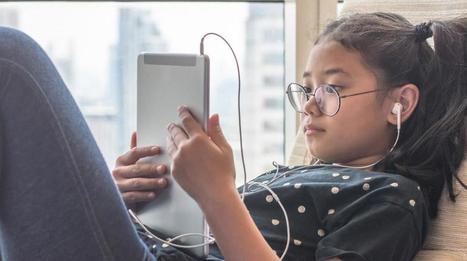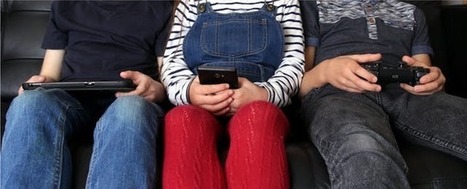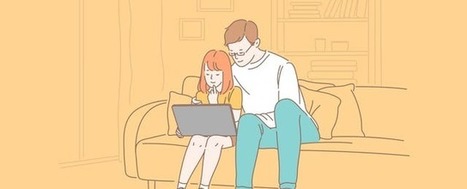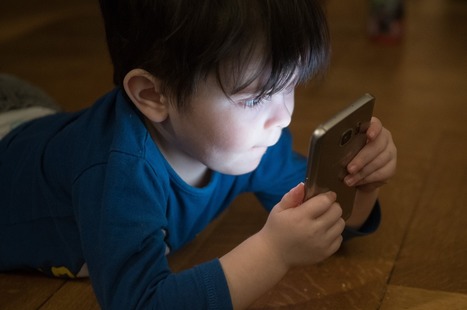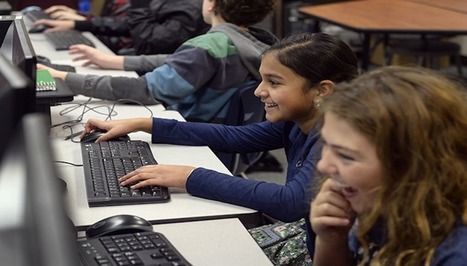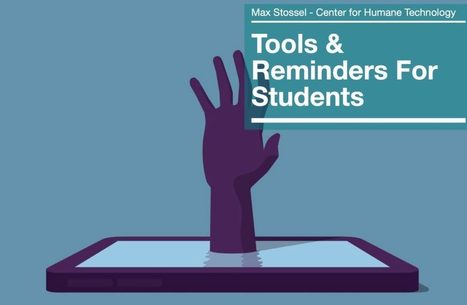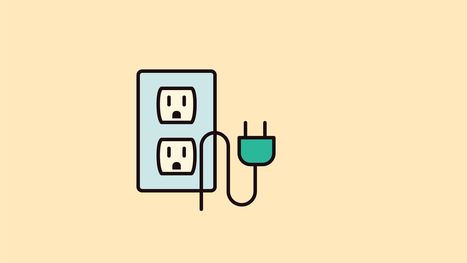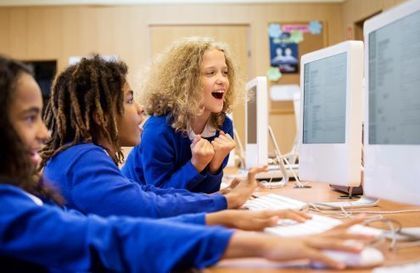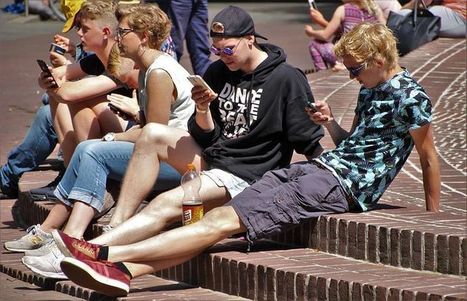Background During the COVID-19 pandemic, millions of children abruptly moved to online schooling, which required high levels of parental involvement. …
Research and publish the best content.
Get Started for FREE
Sign up with Facebook Sign up with X
I don't have a Facebook or a X account
Already have an account: Login
Teaching and learning in the 21st Century - meeting the pedagogical challenges of digital learning and innovation for the iGeneration
Curated by
Tom D'Amico (@TDOttawa)
 Your new post is loading... Your new post is loading...
 Your new post is loading... Your new post is loading...
Patricia Cruz's curator insight,
September 6, 2023 5:09 PM
True story! Before children even turn one they are seen with some type of screen. I really like the screen time planning but I feel that sometimes we don't make enough time to actually do it! Breaks during remote learning is a must, so that the learners can stay focused. Outdoor time is also important so that kids can burn off the extra energy and be ready for distance learning.

Jared Solovei's curator insight,
December 15, 2019 4:04 PM
It seems that clear warnings from medical professionals go unheeded by many parents. It is clearly hard to resist taking a break from the constant demands of parenting by sitting your child in front of a screen. However, this is a clear case of technology and the information and entertainment it provides hurting mankind. Technology is addictive, and exposing children to it at such an important time in their growth is likely to foster an unhealthy technology dependency as well as hinder development.
Emily Sulay Matute's curator insight,
October 13, 2019 10:25 PM
The author of this source happens to be from a media company, CNN. It was published September 23, 2019. The article covers the controversial debate about screen time correlating to the student's performances, "Not all screen time causes kids to underperform in school, study say". The author of this published piece has all rights to publish this type of information that has fortunately been open to the public. It has a sense of a report with some bias opinions provided. This is because it at some points suggests certain measures people should take. In this case, the author might be wrong in some of their given options, maybe not, but overall there is no telling if the author has a specialized knowledge of the topic or event. Once again, throughout the article, the author happens to be some type of bias by also providing some assertions that conclude to the author's reasoning over the debate.
|
Luisa Fernanda Giraldo 's curator insight,
October 21, 2020 8:49 PM
Although the pandemic gave us an opportunity to approach education in a different way, it also brings us many concerns regarding the consequences of spending so much time in front of a screen. Fatigue, lack of sleep, and headache can be symptoms of overuse of screens. Teachers should find ways to make their classes a little more practical and thus avoid students spending many hours on their computer or phone.

Jared Solovei's curator insight,
December 15, 2019 4:20 PM
The use of social media by teens seems to be correlated with poor mental health. The reasoning behind this has to do with the endless influences and standards that younger people are being exposed to. People flaunting their beauty and wealth leads to feelings of inadequacy in teens. The emphasis on social acceptance inherent to being a teenager leads to false ideas of how people should look and act in order to be happy.

Fuller Life Family Therapy's curator insight,
April 9, 2022 2:55 PM
Teen anxiety and the overuse of social media.
Joshua Gopin's curator insight,
October 13, 2023 9:41 AM
In short, this article asks a crucial question of, "how are mental health related issues different from previous generations" and "what does this mean for teenage mental health?" The greatest difference in today's generation is the availability of screens and the social media applications that gaze upon these screens. For example, Matthew Lynch, writer of this article, states that 90% of teens have social media and teens spend roughly nine hours a day on the internet. Not only can this effect an individuals' mental health (body image, comparison), it can effect dopamine levels which can rewrite what an individual defines as fun, exciting, or satisfying. Technology, and the access to technology, only accelerates feelings of anxiety and depression. So, is it truly worth it for teens to have access to iPads and ChromeBooks in school at such a developmental stage of their lives?
Overall, this article is an incredibly useful example of how we need to adapt to change as the world progresses. Through critical thinking, problem-solving, and factual information, Matthew Lynch provides great insights on the current state of mental health in 2023 for teens and young adults. |




